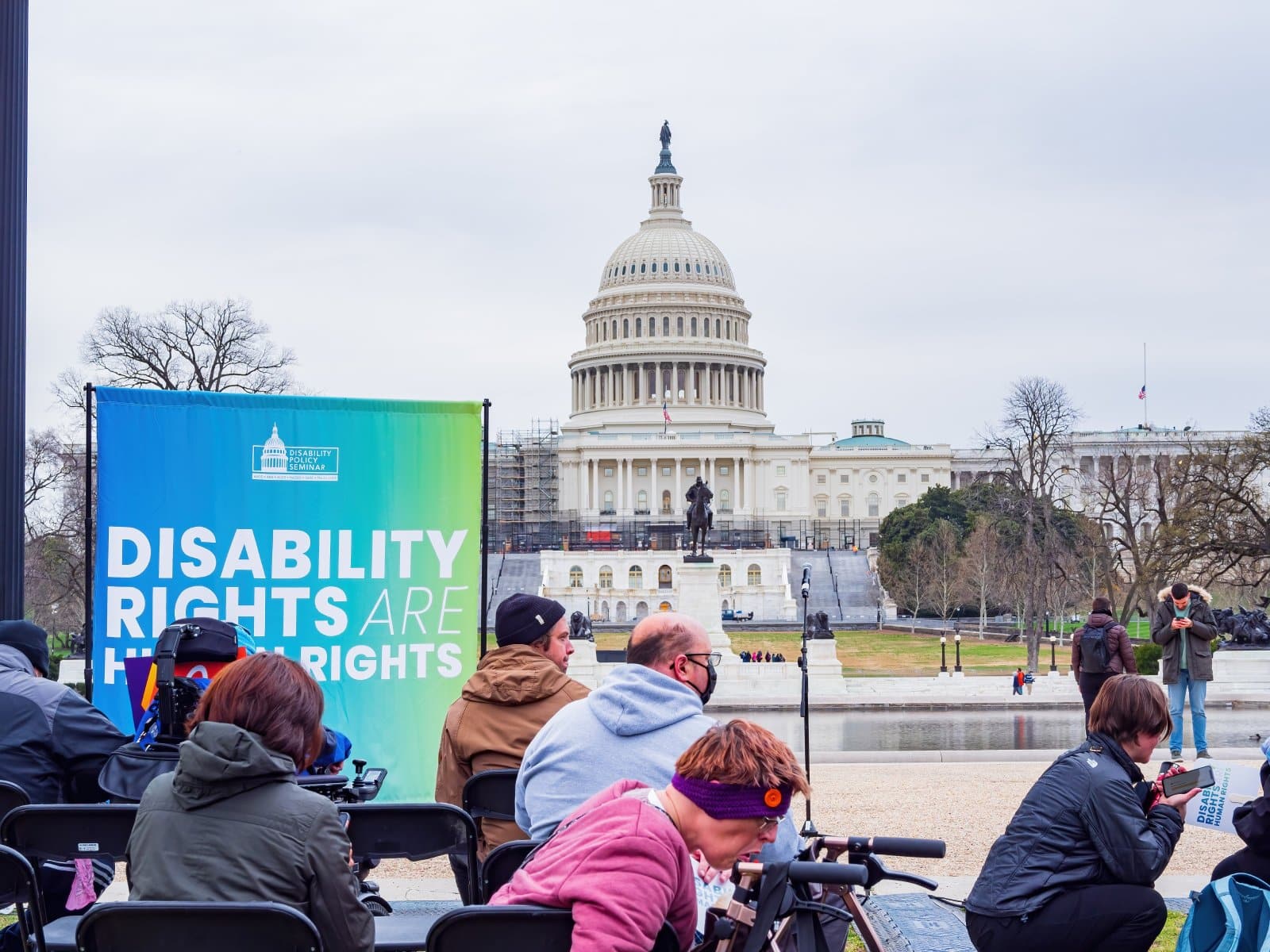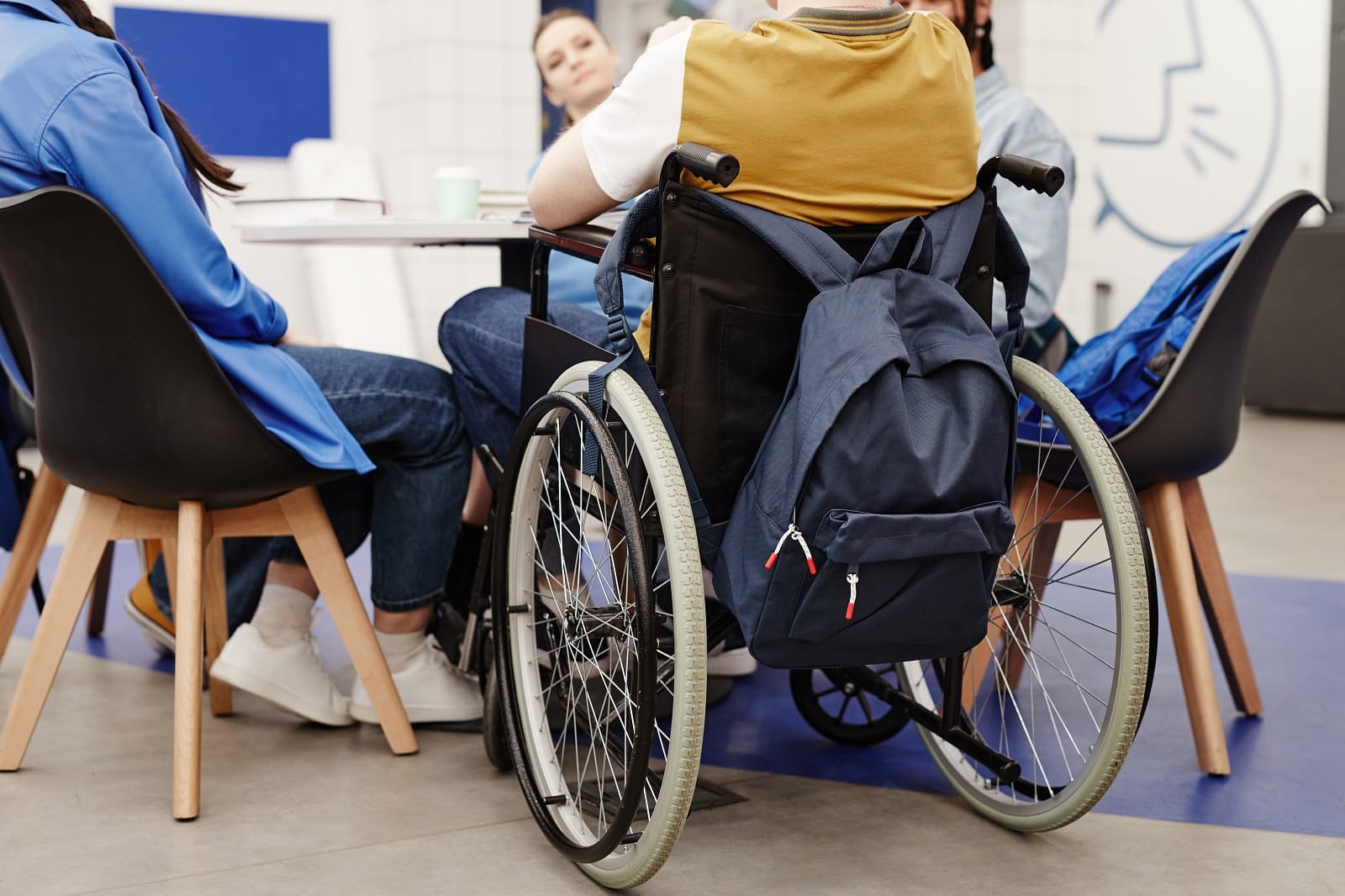Georgia could very well become the next state to end the practice of subminimum wages for employees with disabilities. If passed, the appeal could mandate that every individual be paid minimum wage, regardless of ability status.
A Harsh Reality

While it may sound unbelievable, subminimum wage is a commonplace exception for minimum wage requirements that applies to around 40,000 workers with disabilities. Georgia’s pushback against the exception makes it the first state where such an initiative is led by Republicans.
The 17th State

Currently, 16 states have made efforts to undo the practice, either through raising the subminimum wage or eliminating it altogether. The bill was proposed in Georgia’s last session, and is likely to be furthered during the next legislative session in January 2025.
Accidental Aid?

While Georgia’s Republican-run politics have often marginalized LGBTQ+ rights, this legislative move could inadvertently assist the queer community. The Human Rights Campaign notes that about 1 in 3 queer individuals have a disability, with statistics being 1 in 2 for trans people.
Turning Over a Liberal Leaf

Georgia’s Senate and House of Representatives is mainly controlled by Republican seats. However, the rather progressive bill to eradicate subminimum wage suggests an emerging liberal attitude.
Working Together

Conservative Rep. Sharon Cooper is the author of the new bill, who was quoted saying that she “just couldn’t believe that we are still allowing” the practice. The bill is co-sponsored by a Democratic representative, and it received no opposition when passing through the House.
A Long Time Coming

The first action proposing the subminimum wage in the United States was established in 1938, where it made an exception to the standard minimum wage. This allowed some employees with disabilities to be underpaid, some only 22 per hour.
Fiscal Frustrations

CEO of nonprofit New Disabled South Dom Kelly weighed in, saying “It frustrates me to see that a number of these sheltered workshops have executive directors or CEOs that make five-, six-figure salaries while paying people with disabilities pennies per hour,”
Pushing Barriers

This comes at a time where intersectionality is key to making progress in social issues. In most cases, trans workers in the US with similar education levels to their colleagues earn about 32% less annual income.
More Access

Increasing these wages for trans workers could pave the way to access gender-reaffirming treatment, as well as less reliance on family members who they might have to hide their identity from.
Phase-Out Plan

Georgia legislation seems to stand out from other state bill proposals. The bill operates under a phase-out format, hoping to elevate 50% of workers with disabilities from the under wage gap within the first year.
Reaching Across the Aisle

Historically, bills that favored disability rights were categorized as liberal politics. However, with civil rights legislation becoming more prominent and an unruly job market, proposals like Georgia’s ensure economic safekeeping while providing social rights.
Shattering Glass

The increase would also be beneficial in breaking through the glass ceiling, which is a business tactic used to undermine women’s pay in the work environment. Doing so may offer more opportunities for women to be treated more fairly and better compensated.
A Few Concerns

Not everyone in the state is onboard, though. Most opponents against the reform argue that those with developmental or intellectual disabilities won’t get hired due to the new income standard.
Speaking for the Right People?

A majority of people raising these concerns are non-disabled people purportedly voicing the opinion for their disabled colleagues.
Poverty Is Plentiful

With that in mind, evidence shows that disabled people within the US are worse off financially than their non-disabled peers. Data from 2021 corroborates these findings, revealing that 25% of disabled working-aged Georgians lived in some degree of poverty.
Looking Forward

While the bill will not be voted on until sessions start again next year, many are hopeful. With a lack of opposition in its initial pass-through, many are eager to see its awaited enactment.
It All Comes Down Votes

The nature of intersectionality is heavily skewed by how money flows. Those living with less, will have less to work with. Passing a bill like this would give the denizens of Georgia a stronger chance at overcoming, leading to a more equitable future.
The post Georgia’s Assists Queer and Trans Workers With Disabilities By Elimination of Subminimum Wage first appeared on Pulse of Pride.
Featured Image Credit: Shutterstock / Robert Kneschke.

